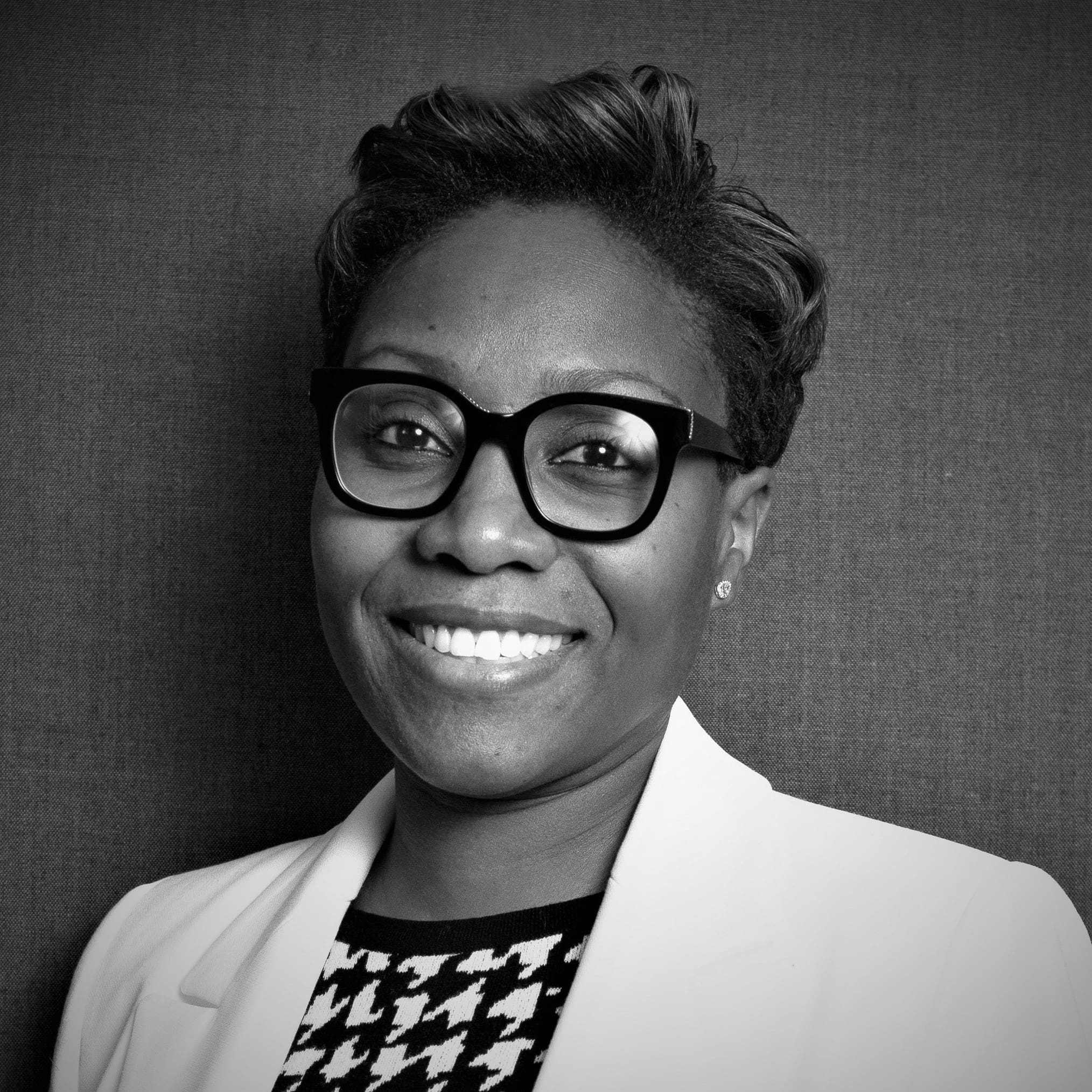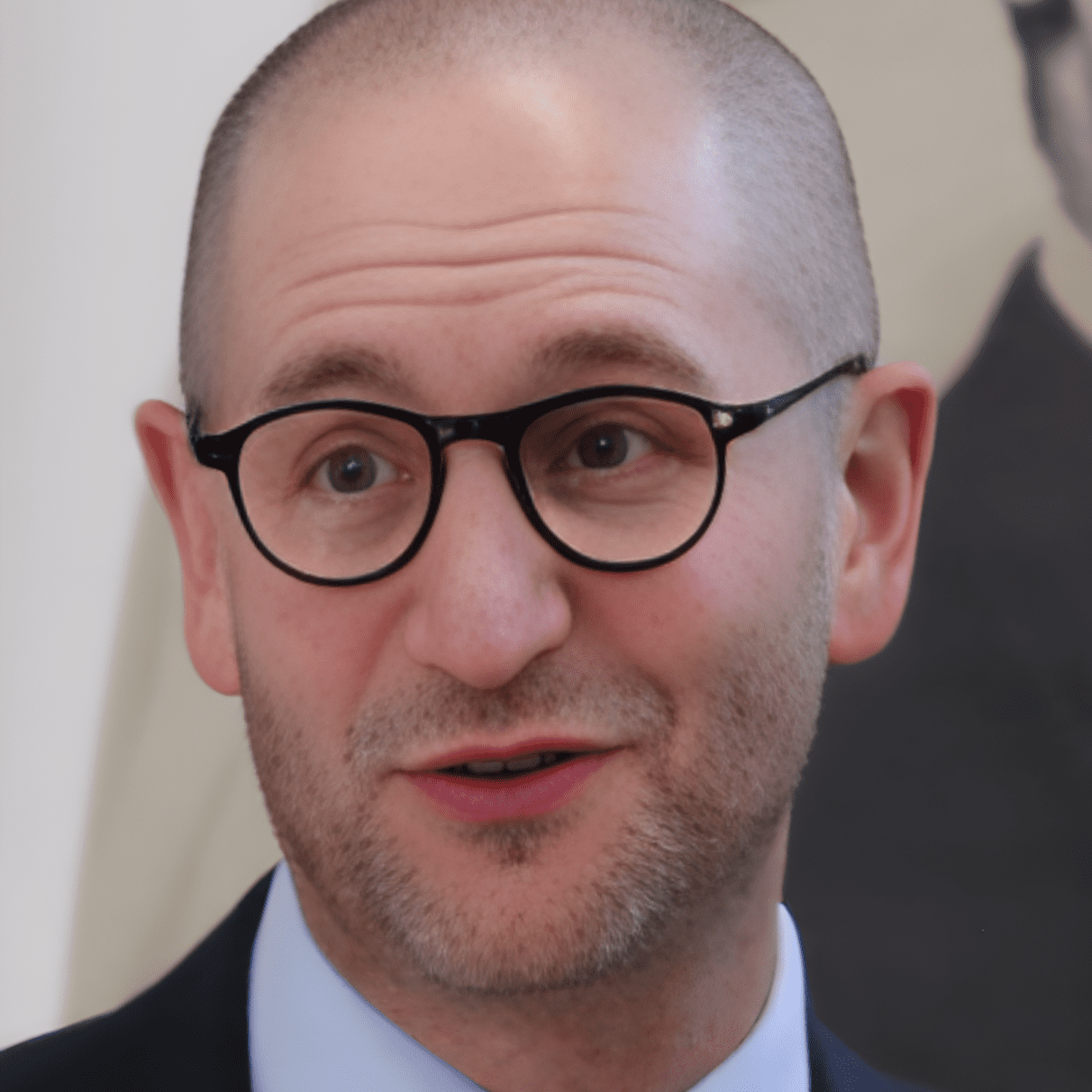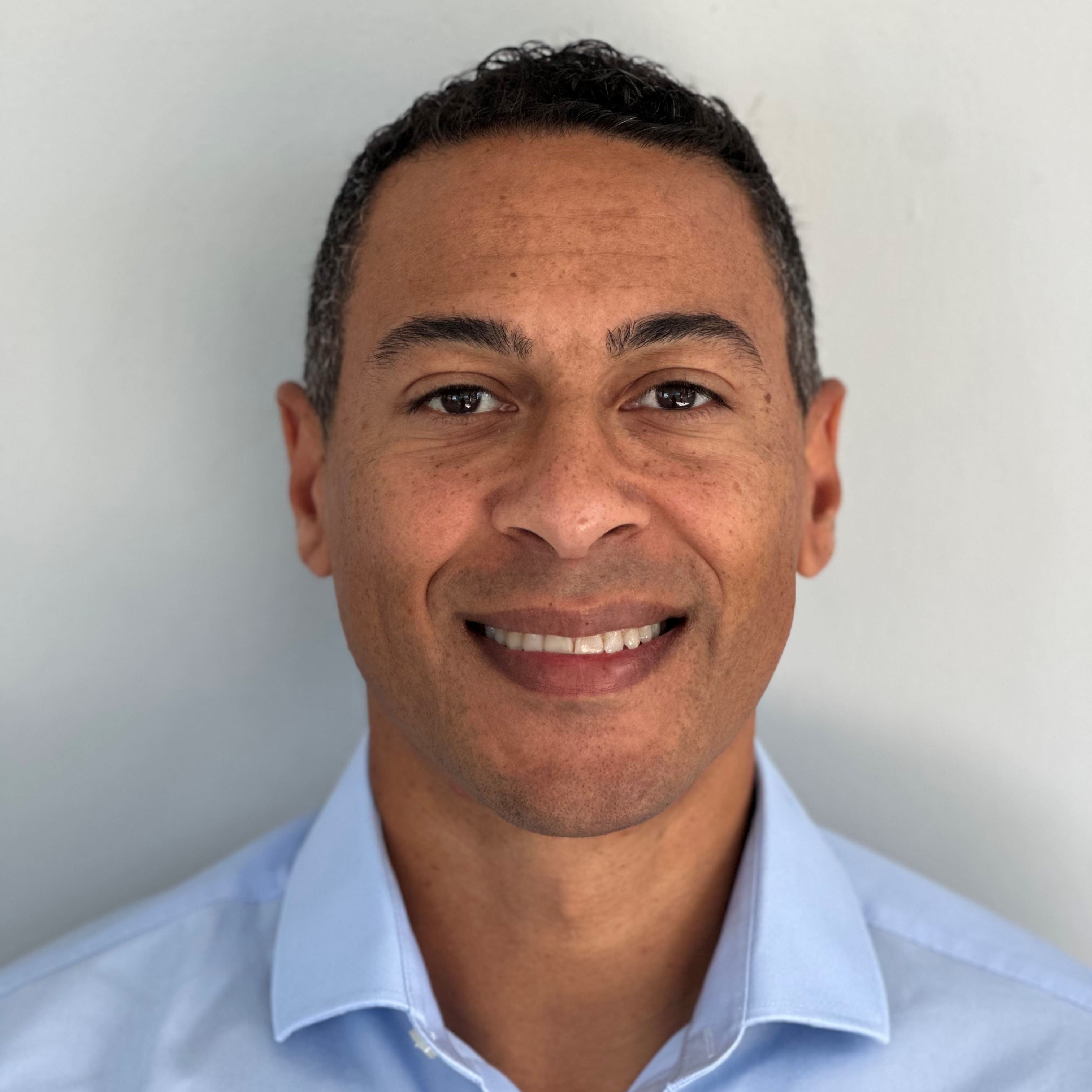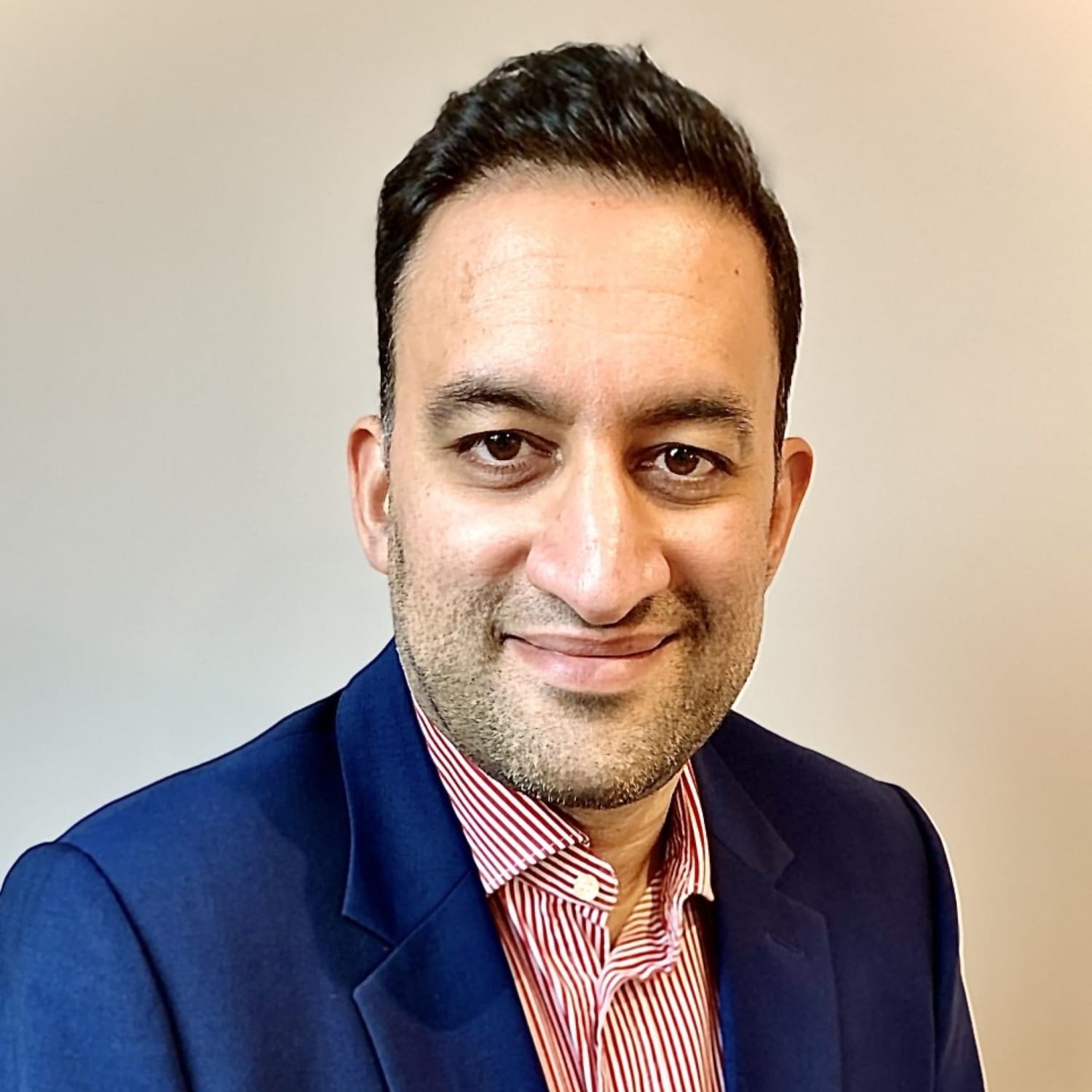We are delighted to welcome you to our third edition of the D&I and Law report. Commissioned by Obelisk in collaboration with Spark21 the charity behind The Next 100 Years Project. Spark21 work to promote equality and diversity and in particular the elimination of discrimination on the ground of gender. This report spotlights and celebrates the legal leaders driving sustained change and builds on over a decade of work by Obelisk Support championing a more diverse legal profession.
Prefer a PDF?
Foreword
I am not a fan of those salty little fish. When taken on their own, I find them overpowering, but I once made the mistake of demanding “no anchovies” in my Caesar dressing, and what I tasted, as a result, was underwhelming at best – an experience that I never want to repeat and one that helped me to reframe the influence of anchovies for someone who’d never appreciated them.
A call for ‘inclusive leadership’ does not demand you to drop standards, abandon performance targets or countenance mediocrity. It’s a reminder that there are essential elements of leadership that you may find personally disagreeable when consumed alone, but when they’re absent, make your leadership equally unpalatable.
It also doesn’t change the fact that the absence of inclusive leadership is no longer just a personal choice. Your organisation’s websites are littered with the promise of inclusive leadership made on your behalf. If you don’t believe me, check out the “Careers” and “About” pages on your respective departmental websites.
Inclusive leadership is energy expensive, but worth it: knowledge and skills that are a performance prerogative – a recipe for how we attract followers who want to contribute fulsomely, challenge intelligently and deliver consistently
John Amaechi
OBE
“Fight for the things that you care about.
But do it in a way that will lead others to join you.”
Ruth Bader Ginsburg
Introduction
Through my conversations with leaders in the legal sector, it has become clear that inclusive leadership is not just a desirable strategy; it is essential for sustainable success. Leaders who actively engage with their teams, promote transparency, and hold themselves accountable for DEI outcomes are better positioned to drive positive change in the wider business. These leaders understand that inclusive cultures are built on trust, open dialogue, and the ability to listen to and act upon diverse perspectives. They are committed to bridging the gap between policy and practice, ensuring that DEI is not just a box-ticking exercise but a core part of their organisational identity. This is why in this edition we highlight 12 individual inclusive leaders who are working on setting the bar higher with some great results.
Dana Denis-Smith
CEO, Obelisk Support and Trustee, Spark21
5 Key Survey Findings
1- DEI Strategies are being formalised more and more
71.2% of respondents reported that their organisations have a formal Diversity, Equity, and Inclusion (DEI) strategy and delivery plan, indicating a significant commitment to structured DEI efforts within legal departments.
This is further indication that leaders recognise the need for a strategic approach to achieve meaningful progress – even those who are part of the 28.8% of the respondents without a formal strategy report that steps are under way to formalise their DEI work.
“Our organisation has yet to formalise a DEI plan, but there are discussions happening at the leadership level.” — General Counsel
2- Legal Leaders Seek Responsibility and Empowerment
Leadership plays a crucial role in advancing DEI. 43.2% of respondents indicated that the responsibility for the DEI agenda falls on the Chief Diversity Officer, while 16.7% stated it was led by the CEO.
Despite this, only 24.4% feel “very empowered” to deliver on DEI objectives, suggesting a gap between leadership’s commitment and the empowerment felt by those in the legal departments.
“While our CEO champions DEI, many staff members do not feel empowered or included in decision-making processes related to these initiatives.” — Senior Legal Counsel
3- Funding for DEI Efforts to continue
40.4% of respondents expect their organisation’s financial investment in DEI to increase over the next 12 months, showing a promising commitment to funding these initiatives.
Meanwhile, 52.6% expect funding levels to remainunchanged, which aligns with a wider belief that DEIis important but it is not always prioritised foradditional funding which in turns creates difficultyin execution.
“Our DEI investment has remained flat, despite growing awareness of its importance. It feels like we’re stuck in a holding pattern.” — General Counsel
4- Barriers to Delivering DEI Initiatives
A key barrier identified over the past 12 months is the lack of sufficient time and resources, with 33.6% of respondents reporting difficulty in dedicating personnel to DEI initiatives.
Additionally, 46.2% of respondents stated that only 1-3 people within their team actively contribute to DEI work due to the work being outside their core responsibilities and work priorities.
“We face a lack of resources and time; DEI is often treated as an ‘extra’ rather than a priority.” — Senior Partner
5- What gets measured, gets done
46.4% of respondents have observed a visible change in employee engagement or demographic data due to DEI initiatives in the past 12 months, indicating positive outcomes from these efforts.
This trend highlights the importance of developing robust methods to measure and communicate the effectiveness of DEI initiatives, ensuring transparency and accountability. Many leaders struggle to articulate a KPI programme that measures DEI initiatives and their success effectively and this is perhaps the biggest gap to ensuring that efforts create impact.
“There is no clear data to show that our DEI initiatives are making a difference, which can be discouraging for those involved.” — General Counsel
Key Recommendations
1 – Leadership Commitment is Crucial for DEI Success
The survey shows that DEI initiatives are more likely to succeed when senior leaders are visibly committed to the agenda. With 43.2% of respondents indicating that the Chief Diversity Officer is responsible for DEI, and 16.7% pointing to the CEO, it is evident that sponsorship and leadership at the highest levels in a business are necessary to set the tone and prioritise DEI as a strategic goal.
Respondents emphasise that when leaders champion DEI efforts, it sends a powerful signal throughout the organisation, encouraging wider engagement and support.
2 – Need for Empowerment Beyond Leadership
Despite the importance of top-level commitment, the survey indicates a gap in perceived empowerment at lower levels. Only 24.4% of respondents feel “very empowered” to deliver on DEI objectives, suggesting that inclusive leadership also involves empowering all employees, not just those at the top.
Inclusive leaders are seen as those who actively involve diverse voices in decision-making, create opportunities for growth, and remove barriers that might prevent full participation in DEI initiatives.
3 – Accountability and Transparency are Key Components
The survey highlights the importance of accountability in inclusive leadership. Leaders who set clear DEI goals and hold themselves and others accountable for meeting them help build trust and commitment within their teams.
Respondents suggest that leaders should regularly communicate progress, challenges, and successes related to DEI efforts, creating a transparent environment where everyone understands their role and the organisation’s direction.
4 – Bridging the Gap Between Policy and Practice
The survey reveals a disconnect between DEI policies at the leadership level and their implementation on the ground. Respondents call for inclusive leaders who do not just endorse DEI in theory but also actively integrate it into everyday practices and organisational culture.
Leaders are expected to model inclusive behaviours, such as listening to diverse perspectives, challenging bias, and fostering an environment where all employees feel safe, valued, and respected.
5 – Building a DEI-Driven Leadership Culture
A recurring theme is the need for a leadership culture that prioritises DEI. This involves not just having DEI-specific roles, like a Chief Diversity Officer, but ensuring all leaders are trained, evaluated, and incentivised to foster inclusivity within their teams.
Respondents advocate for leadership development programmes focused on DEI competencies, ensuring that leaders at all levels understand the value of inclusivity and how to lead diverse teams effectively.

12 Inclusive leaders
paving the way

BANKE ODUNAIKE CBRE
“When I was explaining inclusion to my daughter (when she was five years old), I explained using a rainbow. And I said, a rainbow is beautiful, because it’s got so many different colours in it. No one would stop to look in awe at a rainbow, if it was monotone, right? Bring an inclusive leader also requires you to be a visionary for you to be able to see beyond the immediate, see what beauty lies ahead in being inclusive, in stepping outside the comfort zone, in being willing to learn and in being empathetic to different perspectives.”.

SHARON KAHANOV, SIEMENS
“I mean, don’t be shy. People will answer if you ask the right question, even if you ask the wrong questions, at least they will appreciate if you ask. The team will tell you if things are not right and the market will tell you if things are not right. So why won’t you just be a little bit more proactive and look for it yourself? We need to have this curiosity to really engage you in the right discussions with people to achieve true improvement: virtue signalling and talking about it, it’s just not enough! You really need to start backing yourself with actions.”

SAM LESTER, TD SECURITIES
“Being inclusive is about commitment in the first instance. And making that visible, authentic commitment to being inclusive as a leader and holding yourself accountable, holding others accountable to that standard. I think commitment can go a long way in terms of making things happen. Then, there’s consistency. Knowing what I am good at, knowing what I’m not great at and knowing fantastic opportunities to collaborate with others. Acknowledging that I can’t do it on my own is actually really gratifying for me as a leader as is admitting mistakes. They are all elements that play a great part in being inclusive.”

RAMON BAKER, NATWEST
“Can I, hand on heart, say that everybody is able to bring the best of themselves to this team, this role, this meeting? I think that that, if you start with that, your answer will then determine what actions you need to take in order to be able to say yes to that! I would say the desire to be inclusive comes from within. I am a very driven person. I’m very ambitious and I want to be the best at whatever it is that I’m doing. There was a kind of eureka moment where I realised that, as a leader, one of the things that you have to do is understand what motivates people, and you need to understand and appreciate that what motivates other people will not necessarily be what motivates you. You need to be able to tap into that, to understand it first and then use the levers that are available to you to find common ground and to bring people along on a journey.”

SABINE CHALMERS, BT
Everyone has a unique personal story, right? Inclusive leaders show a couple of things. One is a great level of self-awareness of what your own story is, and how that shaped you both for the good, but also what biases or assumptions you may bring to any situation. And, secondly, they recognise that every human being that you interact with is also bringing their own personal story and experiences, and that will shape who they are, but also how they react to situations. And I think just constantly being curious about asking yourself, challenging yourself to look at the world through other people’s eyes or other people’s experiences, and make choices. Look, it’s a never-ending journey!”

SUNIL SEHGAL, MONDELÉZ INTERNATIONAL
“You need to go beyond the business reasons and you start with the “why are you actually doing this?”; we live in a society where we are more multicultural, we’re multi-generational, we have people with more visible and non-visible disabilities and a whole variety of different things. Leaders need to recognise that that’s the world we live in and to succeed and to lead people in that world you’ve got to believe in inclusivity. And you’ve got to truly want to do it and recognise whatever privilege you might have, whatever bias you might have and address those things.”

RICHARD GIVEN, OPENPAYD
“The historic model of the legal profession, the partnership model, doesn’t lend itself to people’s current views of how they want to live their lives, and that tension is still being worked out. We see a huge amount of people drop out of the legal profession, because they don’t conceive of a career path that attracts them, and that’s a tragedy. Really good talent is leaving because they can’t see a way to stay, and we need to face into that. I think general counsels have a responsibility to engage their law firms in a conversation around how to make careers better.”

KATE CHEETHAM, LLOYDS BANK
“It’s incredibly important that we all challenge ourselves the whole time on what biases we may have, what factors may be influencing. When we think about each of these, there are individual as well as cultural and systemic factors which play an important role. Sometimes traditional ways of working don’t favour inclusivity. So really understanding what’s going on in people’s lives, what’s important and how you allow that flexibility is essential. A lack of diversity in leadership positions really can perpetuate an organisation’s lack of diversity when people with particular backgrounds are not well represented or valued because then it just looks as though you don’t really belong at the top.”

ZENO CAPUCCI, DOCPLANNER GROUP
“Realising that inclusivity doesn’t mean pushing an agenda, political agenda, but it means doing something in the interest of the organisation on the one side. And, on the other side, recognising that resistance to inclusivity means resistance to change and resistance to change is natural, is difficult to overcome, and someone who’s resistant to change is not necessarily the enemy, but it’s just someone with a different perspective, who needs to be invited to the table and needs to have an opportunity to foster some dialogue about what their beliefs are.”

KIRIN KALSI, EON
“I think it’s really important for people to work out for themselves their own perspective and their own priorities and what works for them. Because when you try and work by what other people are doing, that is just never going to get you to your own “happy space”. It’s really important to not just be role modelling, but also for yourself, not just to be looking at role models, but actually potentially reaching out to them, sharing where you may be struggling and getting an outside perspective around what is really important to you. It’s critical that you know not just what other people think or other people expect from you, but what is really important to you. And then that will create for you that right space to be inclusive.”

STEPHEN DOOLEY, KPMG
“Inclusive leadership does not involve just having people saying, yes, you’re right. For one thing, I think you need to be very conscious of the role that you play. Don’t be the first person to express a view if you are the decision maker. If you are the nominated leader, you’ve got to be careful to draw out the views of everybody and not just the 1 or 2 people in the room who want to talk. One of the qualities of leadership is to draw people’s views out, because it’s not always the person who makes the most noise, it’s not necessarily the smartest one who’s right. So you’ve got to look for those who are not putting themselves forward and find the right way for them to contribute. It may even be a case of they don’t want to contribute in the meeting, but in which case reach out afterwards and get their opinion.”

JAMES MORGAN, MUFG
“It is a necessity in the legal industry that we change – it’s an inevitability that change will happen, generally. And lawyers are there to solve problems, legal issues for their clients. We need to think about the best way of doing that all the time. Frankly, maintaining a traditional model and not adapting to change, not being inclusive, not hearing wider opinions and staying within the box of being a technical lawyer will inevitably lead to the death of the profession. I think we really need to just think about what it is we are here to do, and being inclusive is the best way of achieving commercial goals. So, why not do it?!”
Conclusion
Key areas for improvement include bridging the gap between strategy and implementation, empowering employees at all levels, allocating sufficient resources, and developing robust measurement systems. Looking ahead, the legal sector must focus on deepening the integration of DEI into core business processes, leveraging technology to support and measure efforts, and adopting a more intersectional approach to diversity. We can expect to see increased integration of DEI into overall business strategies and operations, with diversity considerations becoming standard in recruitment and promotion processes.
As we move forward, the legal profession has the opportunity to lead by example in creating more diverse, equitable, and inclusive workplaces. By learning from successful leaders and continuing to innovate in DEI practices, the legal sector can create a brighter, more representative future for all.